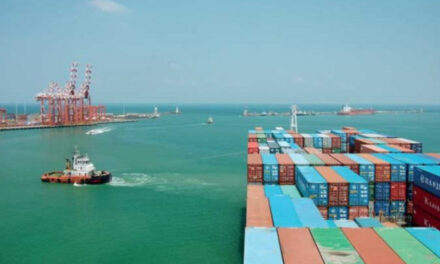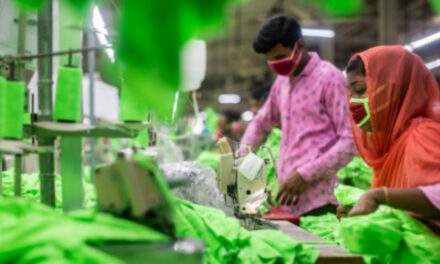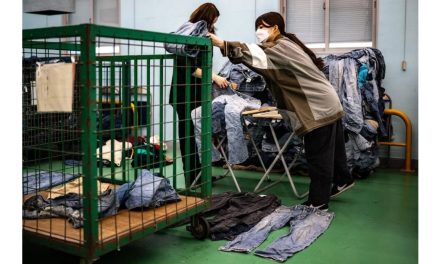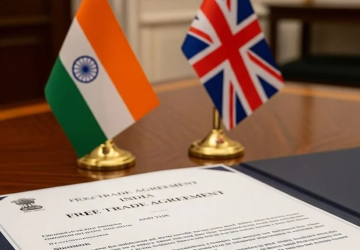 A new partnership pact between Bangladesh and the European Union faces setback as the EU postponed negotiations on grounds of the current unrest in the country, a spokesperson said Wednesday. “In the light of the prevailing situation, the first round of negotiations on the Partnership and Cooperation Agreement envisaged for September has been postponed with no later date fixed as yet,” said Nabila Massrali, a spokesperson for the EU, in reply to an email from The Financial Express.
A new partnership pact between Bangladesh and the European Union faces setback as the EU postponed negotiations on grounds of the current unrest in the country, a spokesperson said Wednesday. “In the light of the prevailing situation, the first round of negotiations on the Partnership and Cooperation Agreement envisaged for September has been postponed with no later date fixed as yet,” said Nabila Massrali, a spokesperson for the EU, in reply to an email from The Financial Express.
Meanwhile, regarding Bangladesh’s current situation, EU High Representative Josep Borrell in a statement on 30 July expressed Brussels’ highly critical view of the government response to the protestors against job quotas that left reportedly over 200 people dead, including students and children. Mr Borrell in a letter to Bangladesh representative and former Foreign Minister Dr A.K. Abdul Momen MP expressed his grave concern at the announcement of a “shoot-on-sight policy” and unlawful killings perpetrated in recent days in Bangladesh.
“I am also deeply concerned by the killings of law-enforcement officers, violence, torture, mass arrests and damage to property that have taken place,” said Mr Borrell, who represents a continental bloc which is Bangladesh’s largest export market, especially for readymade garments.
“These acts must be thoroughly investigated and those responsible brought to justice. There must be full accountability for the numerous instances of use of excessive and lethal force by the law-enforcement authorities against protesters and others, including journalists and young children. The thousands arrested must receive due process,” the EU High Representative said in forwarding the grouping’s demands.
“We will follow closely the actions of the authorities in the context of this crisis and, with the fundamentals of EU-Bangladesh relations in mind, expect all human rights to be fully respected,” he added. EU countries as a group are the largest trading partner of Bangladesh as the country supplied apparel and other textile products worth US$23.8 billion in last calendar year of 2023. As a Least Developed Country (LDC), Bangladesh gets duty-free facilities from the EU over the years under the “EBA-everything but arms” scheme.
Bangladesh has sought cooperation in enhancing trade, economic and developmental relations with the European Union, now that Dhaka is doing the spadework for trade in a competitive global regime after the country’s LDC graduation in 2026. The cooperation between the EU and Bangladesh is designed to contribute to the sustainable development of Bangladesh and its fight against poverty.
After repeated attempts, this correspondent failed to get a comment from the government side on the developments. Phone calls made to Additional Secretary and Europe Wing Chief at the Economic Relations Division (ERD) Uttam Kumar Karmaker and a message sent on Wednesday evening received no replies yet.
Meanwhile, analysts say the delay in talks could affect EU support for Bangladesh at a time when the country is grappling with economic crisis, soaring inflation, lower foreign-exchange reserves and a higher unemployment rate. The recent protests led by students were against impugned quotas in government jobs and quickly spiralled into violence, reportedly killing more than 200 people, injuring thousands and shutting the country for days as curfew was imposed, the army called out and telecoms disrupted. The restrictions have been eased since last week and the offices started their function as in previous days on 9am-5pm timings, in the process of a rebound from the turmoil.
Prime Minister Sheikh Hasina and opposition parties have both blamed each other for the outbreaks of violence, with the main opposition Bangladesh Nationalist Party (BNP) alleging an increasingly authoritative rule in recent years.

















